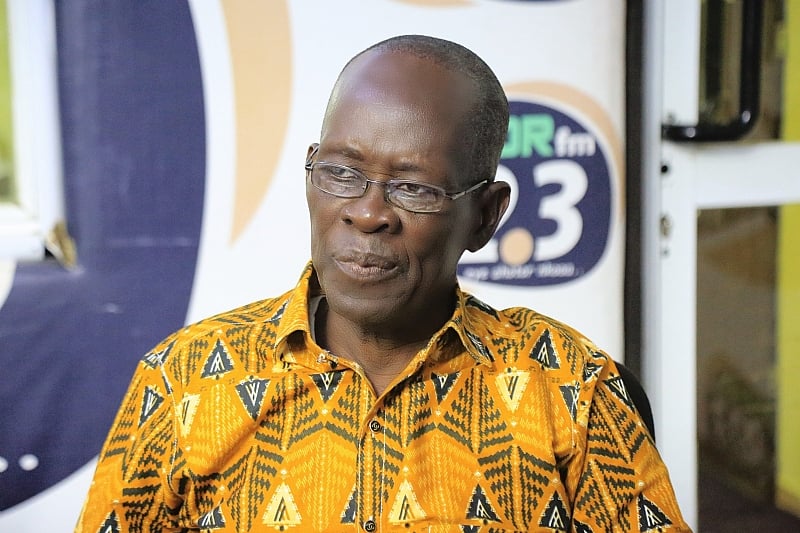Mr Abraham Koomson, Secretary General of the Ghana Federation of Labour (GFL), has expressed support for private sector participation in the Electricity Company of Ghana (ECG) as a potential solution to the country’s energy sector inefficiencies.
Mr Koomson, a vociferous labour advocate, stated during engagement with the media in Accra that GFL is open to any government decision regarding ECG’s privatization, as long as it improves service delivery and accountability.
He named key issues with ECG’s current operations: lack of commitment and accountability, politically motivated decisions, sabotage, and lack of seriousness.
Mr Koomson emphasized that state-owned enterprises like ECG often suffer from a lack of commitment and accountability, which can lead to inefficiencies and poor performance.
He stressed that Ghana’s energy sector has been plagued by politically motivated decisions, including inflated procurement contracts, indiscriminate installation of unregistered meters, and the use of substandard equipment.
The GFL Secretary General also expressed concern that some individuals within the system deliberately sabotage ECG’s performance, knowing it is a government-run institution, and that there’s a clear lack of seriousness in how some people handle their responsibilities.
On the potential benefits of private sector participation, Mr Koomson said it would improve efficiency and discipline, reduce political interference, and increase accountability.
He explained that private institutions tend to enforce higher standards of efficiency and discipline, which could help transform ECG into a more efficient and effective power distributor.
“Private sector collaboration could help reduce political interference and improve procurement transparency, leading to better decision-making and accountability.
“Private sector participation could also lead to increased accountability, as private companies are often more transparent and accountable to their stakeholders,” Mr Koomson stated.
On the government’s next steps, Mr Koomson revealed that the government has already taken steps to explore private sector involvement in ECG’s operations, citing persistent financial losses, operational inefficiencies, and political interference.
As part of the measures, a seven-member committee was inaugurated on January 24, 2025, to evaluate potential private-sector participation models and advise on the best path forward, recounted.
Mr Koomson’s comments come as debate intensifies over the future of ECG, with labour unions, energy experts, and policymakers weighing in on whether privatization will bring the needed reforms or introduce new challenges.
The outcome of this debate will likely have significant implications for Ghana’s energy sector and the country’s economic development.


